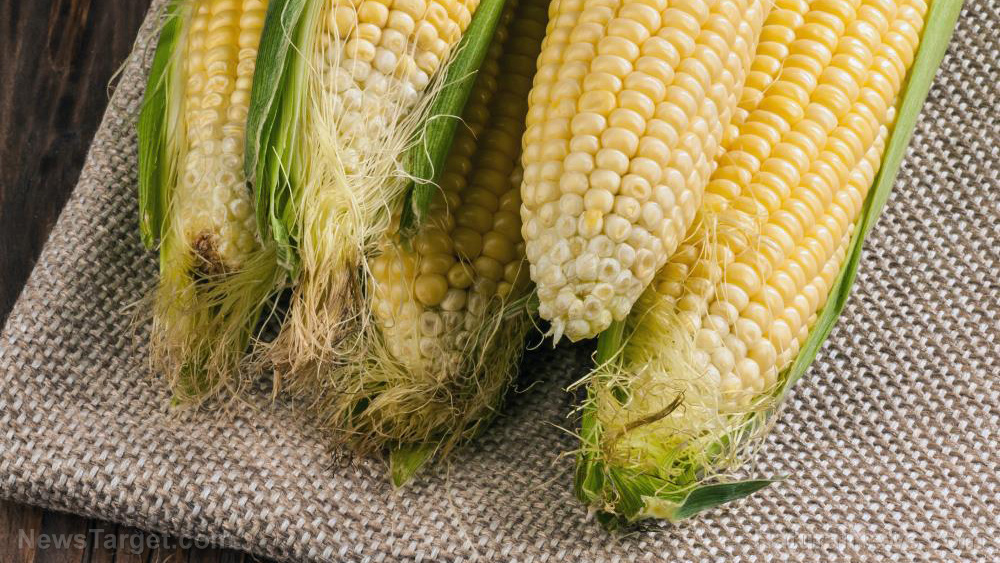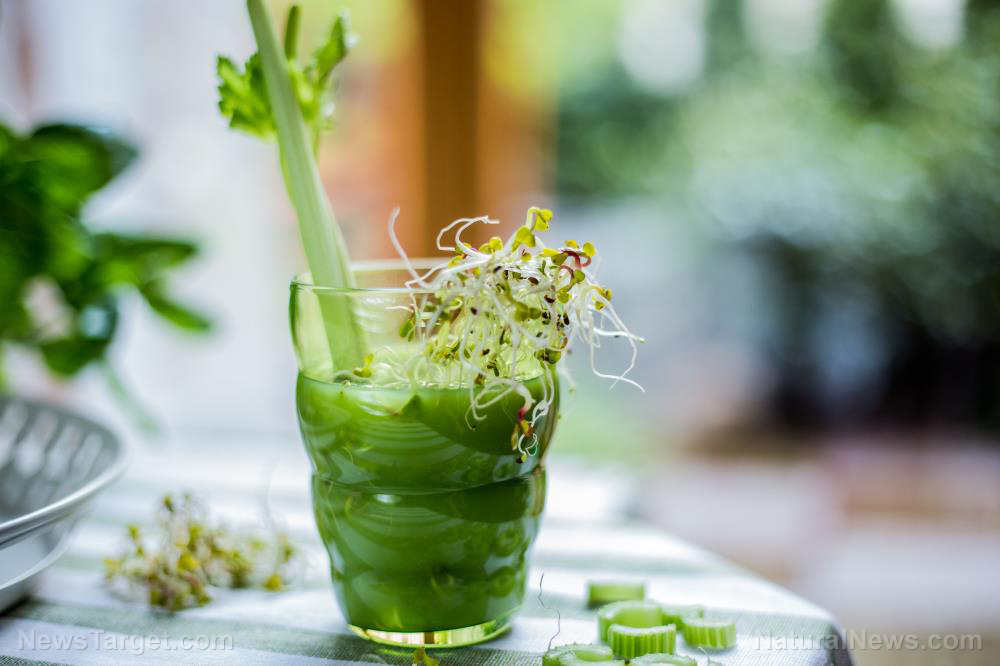Research shows Mexican walnut can protect the kidneys from ischemic injury
07/23/2020 / By Evangelyn Rodriguez

Some species from the genus Juglans – the largest and most widely distributed of the eight genera in the walnut family – have diverse biological activities, such as anti-hypertensive, antioxidant, lipolytic (fat-metabolizing), anti-hyperglycemic, anti-lipidemic and anti-proliferative properties. Studies suggest that these activities may be useful in the treatment of a wide variety of ailments, ranging from minor complaints like diarrhea and stomach pain to more serious conditions like arthritis, diabetes and cancer.
Juglans mollis, commonly known as Mexican walnut, is traditionally used to make medicine in northeastern Mexico. Parts of this medium-sized tree are said to be effective against microbial infections and ulcers. Although reports about its biological properties vary, the bark extract of the Mexican walnut tree has consistently been found to have antioxidant, hepatoprotective and anti-mycobacterial activities.
In a recent study, Mexican researchers evaluated the biological activity of Mexican walnut bark extract. Specifically, they investigated whether it can protect against damage caused by ischemia-reperfusion (I/R). Also known as reoxygenation injury, I/R damage occurs when blood supply to a section of tissue or an organ returns (reperfusion) after a period of ischemia, or lack of oxygen.
The researchers reported their findings in an article published in the journal BMC Complementary and Alternative Medicine.
Mexican walnut bark exhibits kidney-protective activity
Oxidative stress – an imbalance between the production of free radicals and antioxidants – and inflammation are two events involved in I/R injury. But recent studies suggest that Mexican walnut has antioxidant properties that can help reduce the damage caused by I/R.
To determine if it can protect the kidneys from I/R damage, the researchers tested its bark extract on a rat model of I/R injury. They divided 24 rats into four groups, which were designated as the sham group, the I/R group, the extract group and the extract plus I/R group.
The researchers pretreated two groups with the bark extract (300 mg/kg) for seven?days before inducing I/R. This step involved clamping the renal hilums for 45 minutes then reperfusing the kidneys for 15 hours.
The researchers then took blood samples to evaluate the levels of kidney function markers (i.e., alanine aminotransferase (ALT), blood urea nitrogen and creatinine), oxidative stress markers (i.e., superoxide dismutase (SOD) and malondialdehyde (MDA)) and pro-inflammatory molecules (i.e., interleukin-1B (IL-1B), IL-6 and TNF-a).
The researchers found that the extract plus?I/R group had lower creatinine, ALT, MDA, IL-1B, IL-6 and TNF-a levels than the I/R group. On the other hand, the extract plus?I/R group had higher levels of SOD, an antioxidant enzyme, than the sham group. These findings suggest that the Mexican walnut bark extract can not only reduce kidney injury but also improve blood antioxidant levels.
In addition, compared with the sham group, the researchers observed no biochemical or histological damage in the rats treated with the extract. The rats in the extract?plus?I/R group also had less histological damage than the rats in the I/R group. (Related: Black cumin prevents kidney damage.)
Based on these findings, the researchers concluded that the bark of the Mexican walnut tree can protect against I/R-induced kidney damage. This activity may be attributed to the plant’s ability to decrease inflammation and modulate oxidative stress markers (SOD and MDA).
Other uses of the Mexican walnut tree
Aside from its bark, the leaves of the Mexican walnut tree are also used for medicinal purposes. Fresh leaves from the tree are heated by folk healers to make a poultice for joints affected by rheumatism. Meanwhile, the fruits of the Mexican walnut tree are a veritable source of tannins – polyphenolic compounds that can help reduce blood pressure, accelerate blood clotting, lower cholesterol levels and modulate immune response.
The husks of Mexican walnut fruits are also used to make a coffee-colored dye, while its seeds, like other walnuts, can be eaten raw or cooked. In addition, the tree itself is felled for a timber that is known for its toughness and durability.
Plants like the Mexican walnut tree are rich in compounds with health-promoting properties. You can learn more about these sources of natural medicines at PlantMedicine.news.
Sources include:
Tagged Under: alternative medicine, anti-inflammatory, antioxidant, ischemic-reperfusion injury, kidney health, Mexican walnut, natural cures, natural medicine, oxidative stress, prevention, remedies, renal damage, research
RECENT NEWS & ARTICLES
COPYRIGHT © 2017 PREVENTION NEWS




















